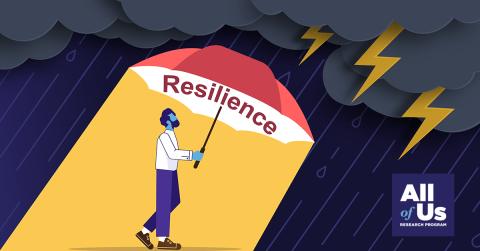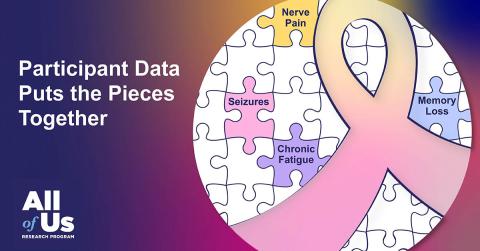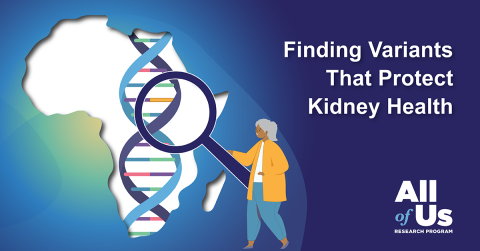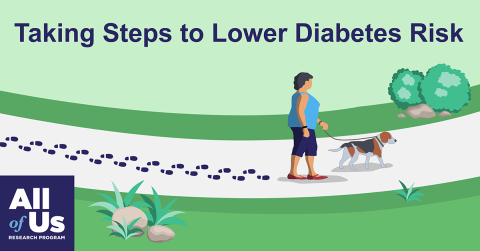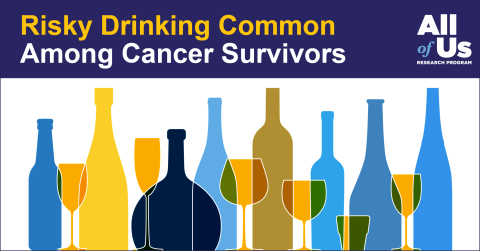All of Us is shaping how we understand health and disease. Research Highlights showcase the recent research powered by All of Us data and tools.
Featured Highlight
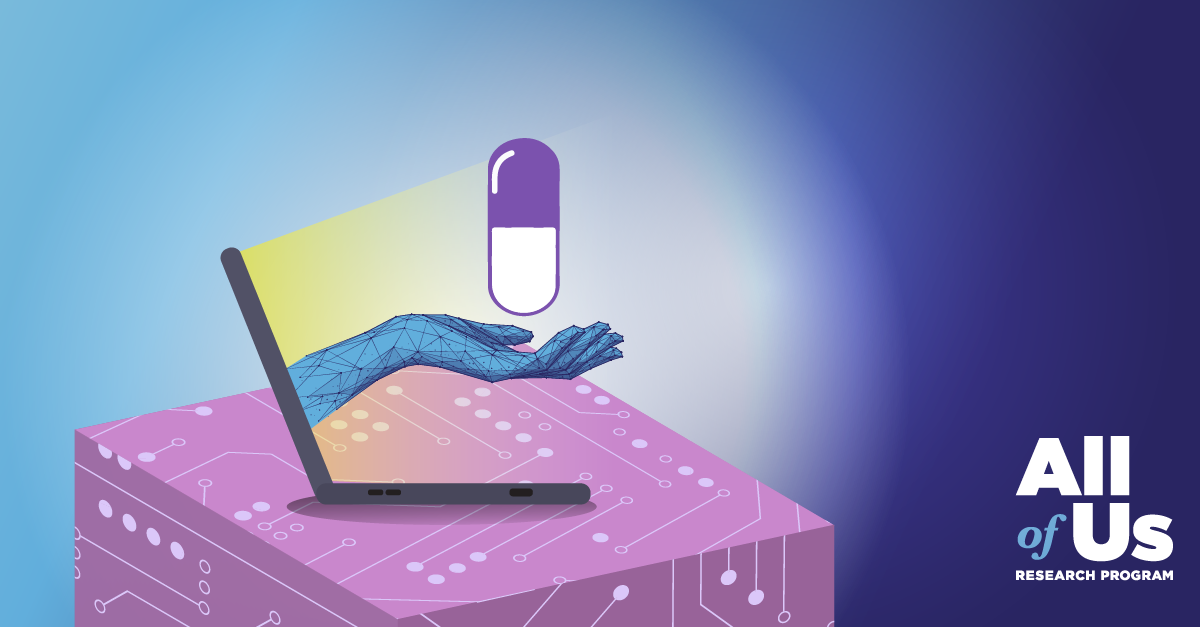
All of Us and Artificial Intelligence Help Speed Up the Search for Promising Medicines
Artificial intelligence and All of Us may help speed up the time it takes to find medicines to treat health conditions. Researchers used ChatGPT to quickly identify existing medicines that might help prevent Alzheimer’s disease. They then looked at All of Us and another large health dataset to confirm that three of these medicines are worth studying in people.
All of Us Data Shows the Effect of Resilience in Difficult Times
A study of All of Us survey data confirmed that feelings of depression increased during the COVID-19 pandemic, particularly among participants who experienced discrimination. Having a high level of resilience lessened the effect of discrimination on mental health in some racial and ethnic groups.
Learning About the Health of Young Cancer Survivors With All of Us
The long-term health of teens and young adults who have had cancer has not been well studied. A look at All of Us data showed that young cancer survivors were more likely to have certain brain- and nerve-related conditions than participants who never had cancer. This age group may need unique treatment and management plans.
Finding Genetic Clues to Kidney Health in All of Us
People of African ancestry can be more likely to develop kidney disease if they have certain genetic variants. Researchers studied genetic data from three different databases, including the All of Us Research Program. They found another variant that protected people with the high-risk variants from developing kidney disease. This finding could help find new treatments for kidney disease.
Counting the Steps to Lower Diabetes Risk With All of Us
Being active can help prevent many diseases, including type 2 diabetes. Looking at Fitbit data from All of Us participants, researchers found that taking at least 10,700 steps a day was linked to a lower risk of type 2 diabetes. The results suggest a lifestyle practice that people can take to help prevent diabetes.
All of Us Data Highlights Risky Drinking Among Cancer Survivors
A new study of All of Us survey data found that most participants who are cancer survivors drink alcohol regularly, even during treatment. Many drink heavily, often, or both. The results indicate an immediate need to find ways to help cancer survivors drink less alcohol.
